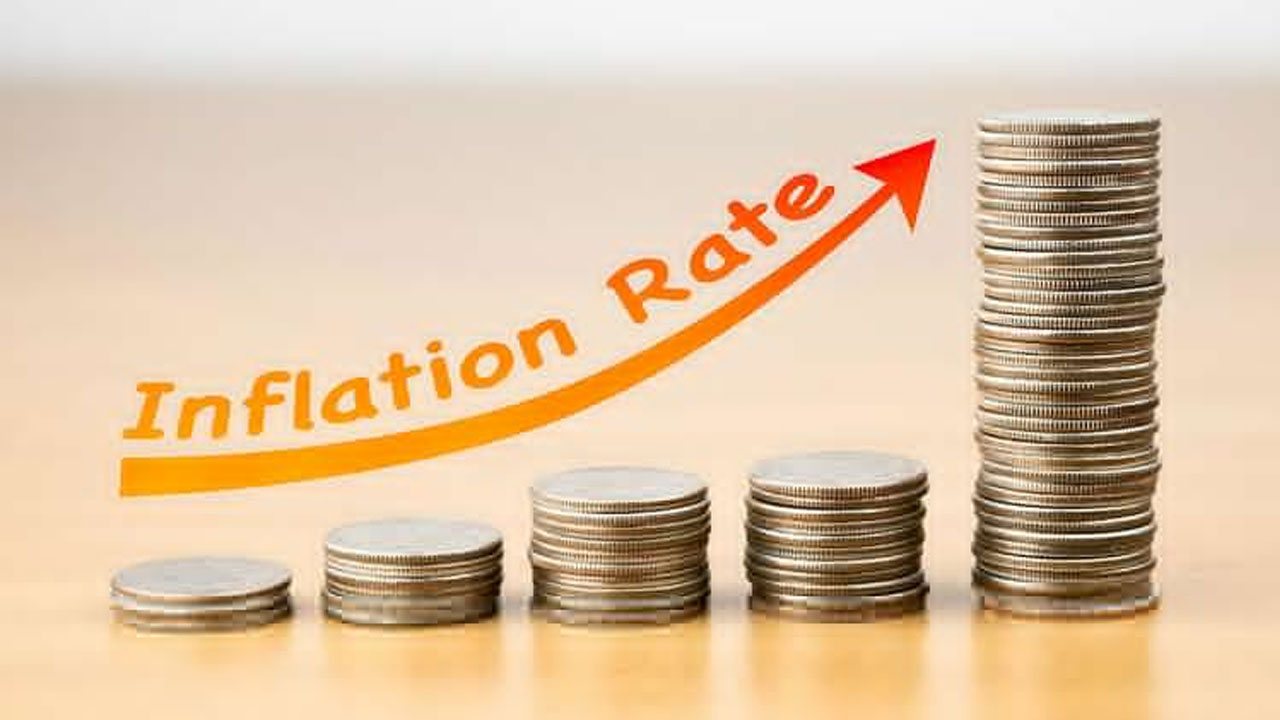
The National Bureau of Statistics, NBS, in it’s Consumer Price Index November 2020 report which was released on Tuesday, December 15, 2020, disclosed that Nigeria’s headline inflation has increased for the 15th consecutive month to 14.89% in November 2020, from 14.23% in October.
The report also shows a spike in food inflation which jumped to 18.30% in November from 17.38% the previous month, while core inflation declined to 11.05%.
NBS attributes the rise in the food index to increases in prices of major food commodities including potatoes, yam, and other tubers, as well as fruits and vegetables.
Urban inflation was up to 15.47% while rural inflation was seen at 14.33% also in the month of November.
READ ALSO: World Bank finally approves $1.5billion loan to strengthen Nigeria’s economy
“The urban inflation rate increased by 15.47 percent (year-on-year) in November 2020 from 14.81 percent recorded in October 2020, while the rural inflation rate increased by 14.33 percent in November 2020 from 13.68 percent in October 2020,” the report read.
“Core inflation, which excludes the prices of volatile agricultural produce stood at 11.05 percent in November 2020, down by 0.09 percent when compared with 11.14 percent recorded in October 2020.
“The highest increases were recorded in prices of passenger transport by air, medical services, hospital services, repair of furniture, passenger transport by road, maintenance and repair of personal transport equipment, vehicle spare parts, hairdressing salons, and personal grooming establishments, pharmaceutical products, paramedical services, and motor cars,” NBS noted in the report.
On a year-on-year basis, food inflation was highest in Kogi (24.00 percent), Sokoto and Zamfara (20.60%); Ebonyi (20.20 percent), while Abia (16.20 percent), Bauchi (15.60 percent) and Gombe and Nasarawa (15.00 percent) recorded the slowest rise.
The latest inflation figure is in line with the financial derivatives forecast of 14.8 percent, where the analysts cited November as the first month in which the impact of the increase in the price of PMS and a partial rise in electricity tariffs will feed into the inflation basket.


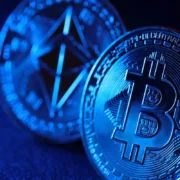

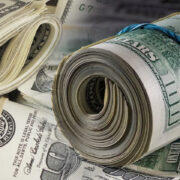
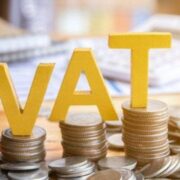
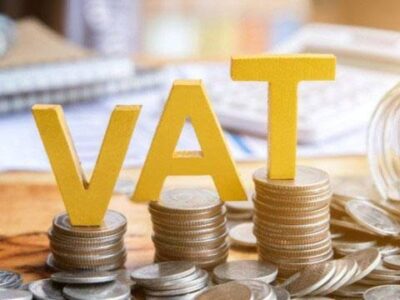
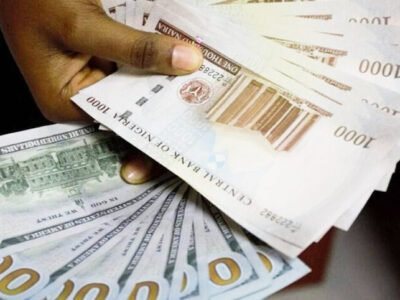
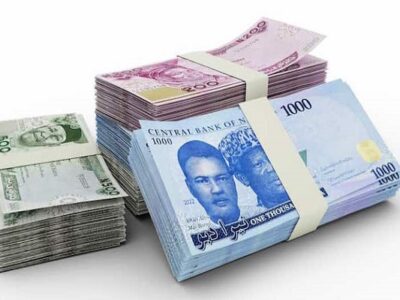
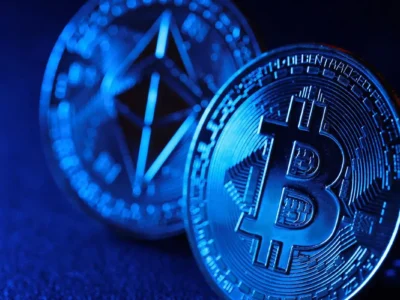














Comments